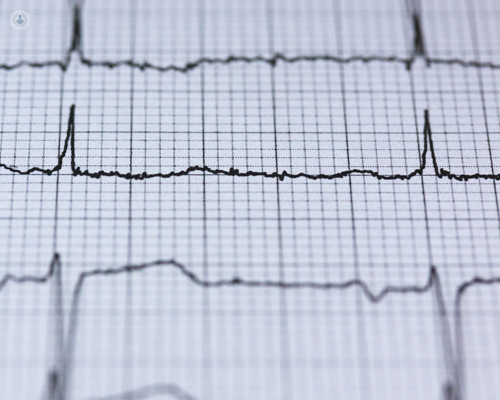Family history of heart disease
Dr Kalpa De Silva - Cardiology
Created on: 11-06-2019
Updated on: 08-08-2023
Edited by: Karolyn Judge
What is a family history of heart disease?
If you have a family history of heart disease, or other conditions, it means that other members of your family have suffered from it. This implies a causal link - shared genetics, shared lifestyles, and/or a shared environment could be the cause of the condition.
In the case of heart and circulatory diseases, it is important to look at which members of your family have suffered from heart disease or have had an incident such as a stroke or heart attack. It is also important to note the age they were when they were diagnosed.
People with a family history of a condition are considered to be at a higher-than-average risk of developing the condition themselves.

What is considered a strong family history of heart disease?
If your immediate male relatives (father and brothers) were under 55 or your immediate female relatives (mother and sisters) were under 65 when they were diagnosed with a heart condition, you are considered to have a strong family history of heart disease.
Is heart disease hereditary?
Some heart diseases are hereditary. The most common inherited heart diseases are:
- Cardiomyopathies
- Channelopathies (life-threatening heart rhythms)
- Familial hypercholesterolaemia
Inherited diseases are caused by mutations in certain genes that are passed from parent to child. However, genetics are only one factor that can lead to a family history, along with shared environments and similar lifestyles.
I have a family history of heart disease. What should I do?
If you have a family history of heart disease, you should tell your GP to make sure they are aware. They may schedule you for cardiac screening when appropriate.
While nothing can be done to change your family history of heart disease, it is important to remember that it is only one risk factor and that steps can be taken to tackle other risk factors, thereby reducing your overall risk of being affected by heart conditions. Lifestyle measures include:
- Avoiding smoking
- Keeping physically fit
- A balanced diet
- Maintaining a healthy weight
- Managing diabetes
- Managing cholesterol and blood pressure














